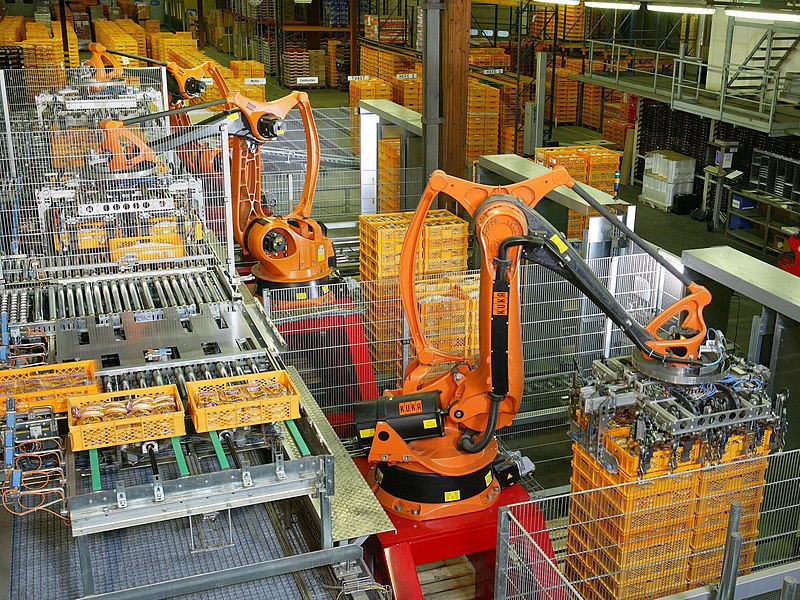by admin on November 22, 2019

In September, Thailand’s Ministry of Health passed a new law requiring plain packaging and labeling for cigarette products.
The regulation, implemented under Thailand’s Tobacco Products Control Act, places restrictions and requirements, is the first of its kind in Asia.
The law states that the name of the manufacturer must be labeled clearly on both sides of the package with standard font type, size, and color.
Health warning photos must now also be printed on both sides of the package, covering 85% of the package, and with a different warning picture on each side.
The brand of the cigarette and specific type must also be clearly labeled in a specific font type, size, and color as well as must be printed on at least two sides of the product packaging, but not more than three.
There also must be two warning messages on the cigarette packaging that take up at least three-fifths of each side.
Thailand businesses have until December 8th to comply with the new packaging regulations or they will face a fine of up to 40,000 baht.
Thailand has issued a variety of anti-smoking laws in just the past year, including controversial regulations that prohibit smoking in households if it causes a family member harm as well as bans on smoking in certain public areas.
Read the full story here.
by admin on November 6, 2019

Thailand’s recently passed amendments to its Labor Protection Act, which lay out specific remedies for employees terminated as a result of automation or other technological advancements.
The changes come as many workers either have been or face being replaced in the future by AI, robotics, machinery, algorithms, and computer programs that can do menial labor at far cheaper and more productive rates.
Firstly, the Labor Protection Act amendments state that employees laid off due to automation must be given advance notice of termination of at least 60 days or 60 days’ worth of wages.
For normal firings not involving automation, only 30 days notice or 30 days’ pay is required.
The business must also notify labor inspectors also 60 days ahead of any terminations due to tech advancements or face a fine of up to 20,000 baht.
Thailand’s labor laws regulate everything from workplace conditions and work hours to maternity leave and social security.
Any companies that lay off workers replaced by technology also must pay special severance payments based on the laid-off employee’s last salary and experience at the company.
For example, an employee who had worked at the company between 120 days and one year would receive 30 days worth of severance pay. An employee with 10 to 20 years of experience would receive 300 days of severance payments.
Read more about the changes to the Labor Protection Act amendments concerning automation here.


